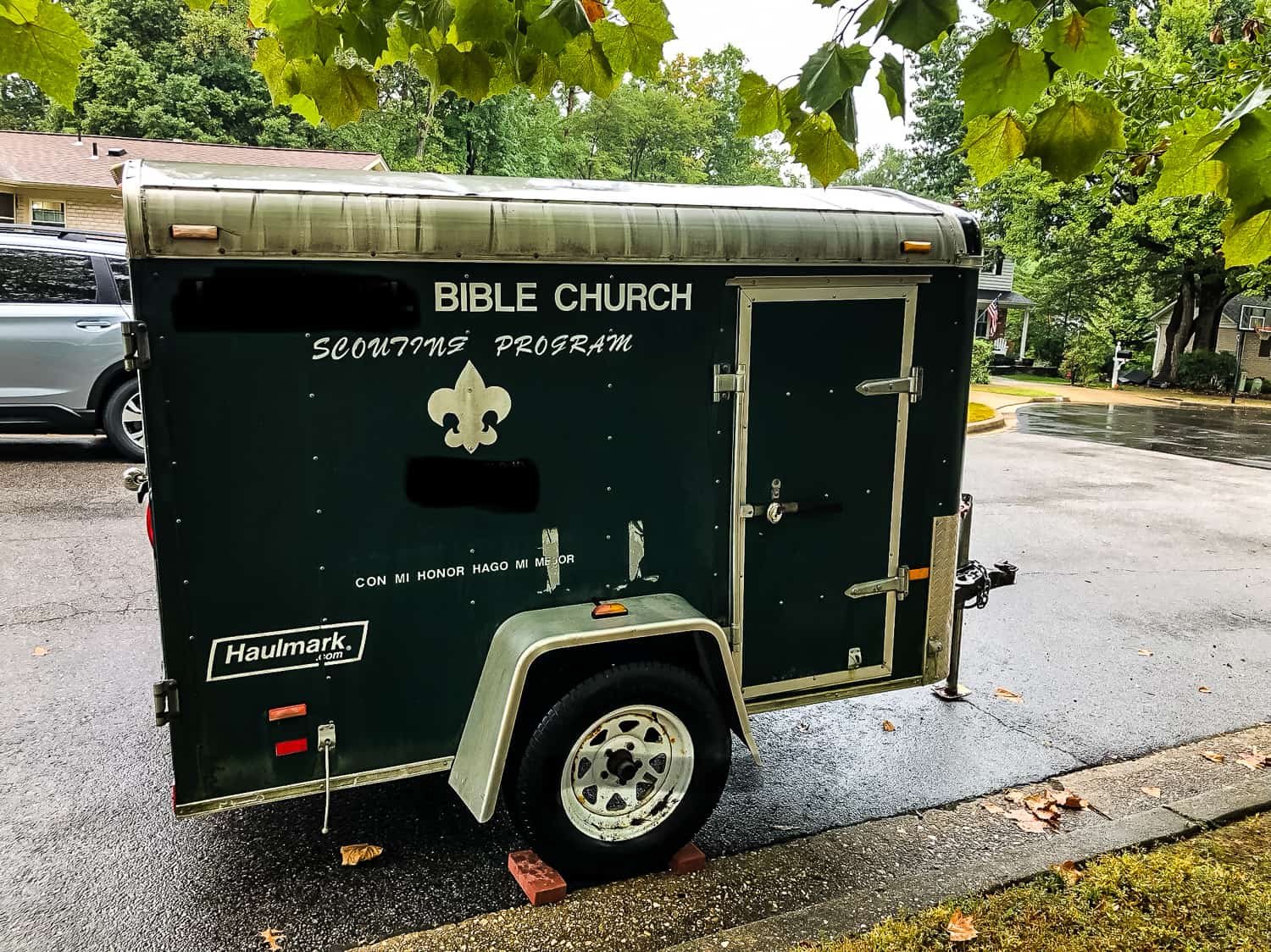One of the first steps to a campervan conversion is to insulate the walls, floors, and ceiling. The better covered they are, the less energy it will take to heat or cool in the inside space. In doing our research, we found these five videos that we felt were the best in explaining the facts and showing how to do this ourselves.
Contents
Heat Loss Calculations and Insulation Materials
This video has a great introduction to two different types of insulation and the pros and cons of each. It does get pretty technical about calculating heat loss and R values, but it is pretty easy to follow along and was some great information to know when looking at the different materials. This video is a perfect place to start our research, so when the other videos were watched and mentioned some of these concepts, we knew a lot more that when we started.
Insulating with Earthwool and a Vapor Barrier
We liked this video since talked about using greener materials to handle the insulation (we are not sure these can be found in the U.S., but it is worth a look) and used Reflectix (the silvery bubble wrapped material) as a vapor barrier (the video didn’t really use the word vapor barrier, but it was used as the final step and does serve as a vapor barrier).
Insulating Areas with No Access
Since some vans might have areas that are not accessible to stuff pieces of insulation, this video covered using a spray expanding foam in those areas. In addition, the video goes into detail the type of foam to use and techniques to get the most coverage. It also talks about mistakes made during this demo and how they were remedied. The video is easy to watch and is pretty funny when the vlogger proudly shows his chickens and goats.
Insulating Ceilings and Walls
The video goes through using the polyiso foam boards to insulate the ceiling and walls and uses the spray foam to adhere it to the ceiling. It lists some innovate ideas in reusing the dry spray foam that is trimmed off to put into the holes to get those insulated. The narrator doesn’t believe in vapor barriers, so we disagree with that, but other than that, it is a good demonstration.
Insulating and Installing Sound Deadening
This video details installing sound deadening material before the insulation is applied. They use the rigid foam sheet insulation (polyiso foam) that they cut to size and then sprayed expanding foam around the edges.
Stay Tuned for our Solution
The first step after getting our air conditioner and vent fan installed will be the insulation of our van. We will link the post about what we did to this article.






Glad to come across this article. Such a helpful.